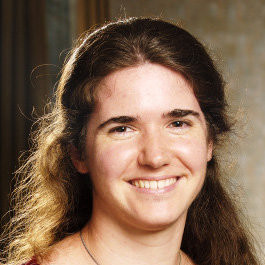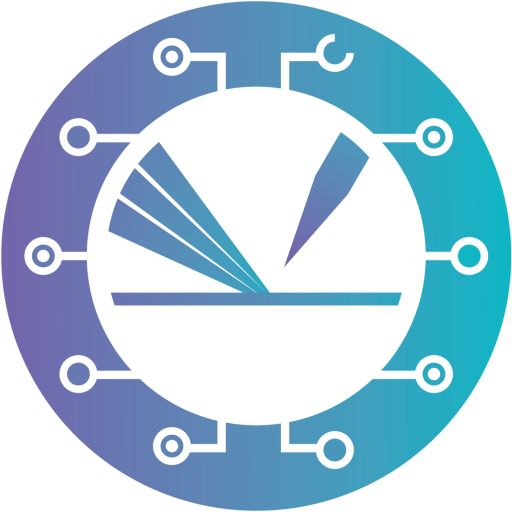Mira Todorova
Max Planck Institute für Eisenforschung (MPIE)
Düsseldorf, Germany
Monday, 23rd October 2023, 17:00 s.t.
The talk will be given in hybrid mode.
You can join at:
Seminarraum 9 (SR 9)
University of Vienna, Faculty of Physics
Kolingasse 14–16, 1090 Vienna
Or you can join the zoom meeting:
https://tuwien.zoom.us/j/92739417554?pwd=MlFkNjJxUjFkUUhPaUJmZ0ZnMjVOZz09
Meeting ID: 927 3941 7554 Passcode: X74b82XE

Insights into electrochemical solid/liquid interfaces under potential control from first principles and atomistic calculations
Many of the challenges we face today in relation to electro-catalysis, fuel cells, corrosion, battery materials, and others, centre on our understanding of processes occurring at electrochemical solid/liquid interfaces. Targeted design and optimisation of desired functionalities critically rely on the understanding, quantifying and ultimately controlling such processes already at the scale of atoms and molecules. Attaining the required insights is, however, challenging to both theoretical modelling and experimental characterisation. In the past few years, we have developed and implemented key methodological approaches and algorithms that allow an unprecedentedly realistic and fully ab initio description of phenomena taking place at the electrified solid-liquid interface. Our recent advances in developing a novel potentiostat design [1] and a canonical thermopotentiostat [2] enable us to control the electrode potential of the system by tuning the excess charge of the working electrode and use ab initio and atomistic molecular dynamics simulations to study solid/liquid interfaces under realistic conditions of applied bias. Opportunities opened by the availability of these new approaches will be showcased by discussing the properties of water and the adsorption and desorption behaviour of ions at electrified solid/liquid interfaces. Furthermore, the impact of water on the properties of these interfaces will be discussed using the example of an H/Pt/H2O interface [3; Surendralal et al., submitted].
Bio of Mira Todorova
Mira Todorova studied physics at the Technical University of Darmstadt and earned her Ph.D. from the Technical University of Berlin with a thesis on the “Oxidation of Palladium surfaces”. From there, she went on to a postdoctoral researcher position at the University of Sydney, Australia, in the group of Prof. Stampfl. From 2006 to 2015, Mira worked as a project leader at the Max-Planck-Insitut für Eisenforschung. Since 2015, she is the head of the group “Electrochemistry and Corrosion” at MPIE.
